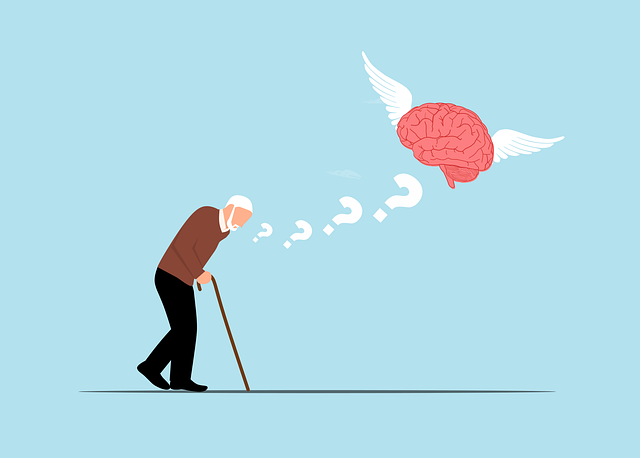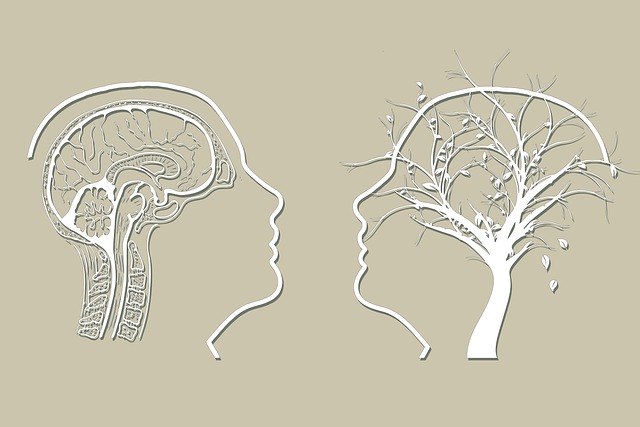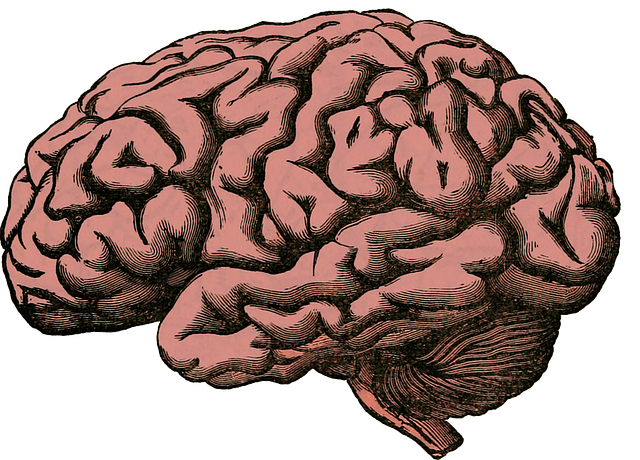Lone Tree Veterans Therapy tackles burnout, a pressing issue in specialized healthcare, by implementing comprehensive strategies. They prioritize emotional well-being through mindfulness meditation and self-awareness exercises. Structured planning techniques, like the Eisenhower Matrix, combined with mental wellness coaching, promote efficient time management. The therapy group fosters a supportive environment with open communication, team-building, and stress management resources to enhance work-life balance. By emphasizing self-care, resilience building, and personalized strategies, Lone Tree Veterans Therapy equips healthcare providers to overcome burnout, improve patient care, and advocate for better working conditions.
Healthcare provider burnout is a growing concern, especially within specialized fields like that of Lone Tree Veterans Therapy. This article explores comprehensive strategies to prevent burnout among healthcare professionals, focusing on both individual and organizational levels. We delve into the root causes behind this issue at Lone Tree Veterans Therapy, analyzing its impact on staff well-being and patient care. Through practical tips on creating supportive work environments, effective time management, self-care practices, and building resilience, we aim to empower healthcare providers in their journey towards a healthier, more sustainable career.
- Understanding Burnout Among Healthcare Providers: Causes and Impact at Lone Tree Veterans Therapy
- Creating a Supportive Work Environment: Strategies for Burnout Prevention
- Effective Time Management and Prioritization Techniques for Busy Professionals
- Fostering Self-Care Practices for Mental and Physical Well-being
- Building Resilience and Coping Mechanisms to Overcome Burnout
Understanding Burnout Among Healthcare Providers: Causes and Impact at Lone Tree Veterans Therapy

Burnout among healthcare providers is a growing concern, particularly within specialized fields like Lone Tree Veterans Therapy. This issue stems from a combination of intense work pressures, high patient loads, and emotional demands unique to the healthcare sector. At Lone Tree Veterans Therapy, professionals often grapple with the complex task of caring for individuals dealing with traumatic experiences, which can lead to prolonged stress and emotional fatigue over time.
The consequences of burnout are significant, impacting not only the well-being of therapists but also the quality of care they provide. To combat this, Lone Tree Veterans Therapy emphasizes the importance of emotional well-being promotion techniques and self-awareness exercises. Implementing mindfulness meditation as a coping mechanism has shown promise in reducing stress levels, enhancing focus, and fostering resilience among staff members. These proactive measures are crucial in ensuring therapists maintain their passion, compassion, and overall effectiveness in supporting veterans’ journeys to recovery.
Creating a Supportive Work Environment: Strategies for Burnout Prevention

Creating a supportive work environment is a vital strategy in preventing burnout among healthcare providers, particularly at Lone Tree Veterans Therapy. This involves cultivating a culture that values and prioritizes staff well-being. One way to achieve this is by promoting open communication where providers feel comfortable expressing their concerns and needs without fear of judgment. Regular team meetings and one-on-one check-ins can facilitate this dialogue.
Additionally, incorporating elements of cultural sensitivity in mental healthcare practice ensures that the work environment accommodates the diverse backgrounds and experiences of both patients and staff. This can include training sessions on unconscious biases and providing resources for stress management tailored to different cultures. Encouraging a sense of belonging through team-building activities and celebrating milestones can also boost morale. Moreover, developing mental wellness coaching programs can offer personalized support, helping providers set boundaries and maintain a healthy work-life balance.
Effective Time Management and Prioritization Techniques for Busy Professionals

In the fast-paced world of healthcare, professionals like those at Lone Tree Veterans Therapy often face overwhelming workloads and tight deadlines, leading to burnout if not managed effectively. Mastering time management and prioritization techniques is a powerful tool in combating this issue. By implementing structured planning and efficient strategies, healthcare providers can reclaim their work-life balance. One proven method involves breaking down tasks into manageable chunks using tools like the Eisenhower Matrix, which helps distinguish urgent from important activities. This ensures that critical tasks are addressed promptly while also allowing for dedicated time blocks to focus on less urgent yet vital responsibilities.
Incorporating Mind Over Matter principles and self-awareness exercises can further enhance these practices. Regular reflection enables professionals to identify personal productivity blockers and develop strategies to overcome them, boosting confidence in their ability to manage demanding schedules. These techniques not only improve efficiency but also foster a sense of control and resilience against the stresses of healthcare provision, ultimately preventing burnout.
Fostering Self-Care Practices for Mental and Physical Well-being

In the high-pressure environment of healthcare, burnout is a significant concern. Fostering self-care practices among providers is crucial to mitigating this issue. Lone Tree Veterans Therapy emphasizes the importance of mental and physical well-being, offering tailored strategies for stress relief and resilience building. By prioritizing self-care, healthcare professionals can enhance their ability to connect with patients on a deeper level, mirroring empathy building strategies that improve patient satisfaction and outcomes.
Regular participation in activities that promote relaxation, such as mindfulness exercises or fitness routines, is integral to maintaining a healthy work-life balance. Lone Tree Veterans Therapy also organizes stress management workshops designed to equip healthcare providers with effective coping mechanisms. These initiatives aim to cultivate a culture where self-preservation is not only encouraged but also seen as an essential component of long-term career sustainability and patient care excellence.
Building Resilience and Coping Mechanisms to Overcome Burnout

In the face of relentless demands and high-stress environments, healthcare providers must cultivate resilience to prevent burnout. Building resilience involves developing coping mechanisms that allow professionals to navigate the challenges of their roles effectively. Lone Tree Veterans Therapy emphasizes the importance of self-awareness exercises, encouraging practitioners to regularly assess their emotional states and identify triggers contributing to stress. By fostering self-awareness, therapists can implement strategies tailored to their unique needs, whether it’s through mindfulness practices or setting clear boundaries between work and personal life.
In addition to self-care initiatives, Lone Tree Veterans Therapy promotes mental health policy analysis and advocacy as a proactive approach. Understanding the systemic factors contributing to burnout can lead to targeted interventions and policy changes that support healthcare providers. By engaging in mental health policy advocacy, professionals can contribute to creating environments that prioritize their well-being, ultimately fostering inner strength development and resilience against burnout.
Burnout among healthcare providers is a pressing issue, as evidenced by the challenges faced at Lone Tree Veterans Therapy. To prevent this, creating a supportive work environment through strategies like effective time management, fostering self-care practices, and building resilience is crucial. By implementing these techniques, healthcare professionals can enhance their well-being and continue providing quality care, ensuring a healthier and more sustainable workforce.













